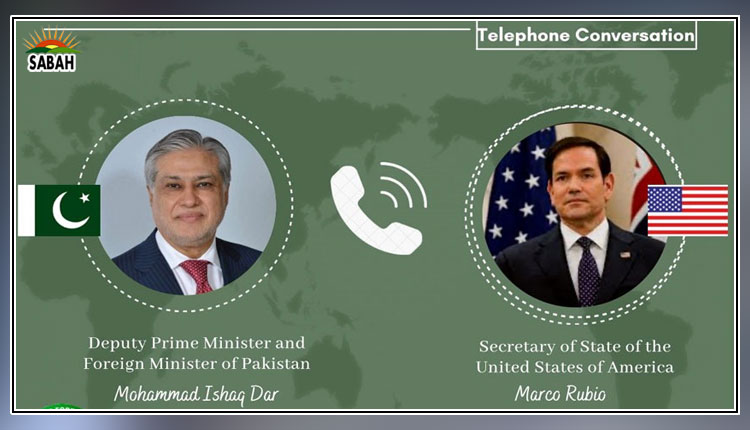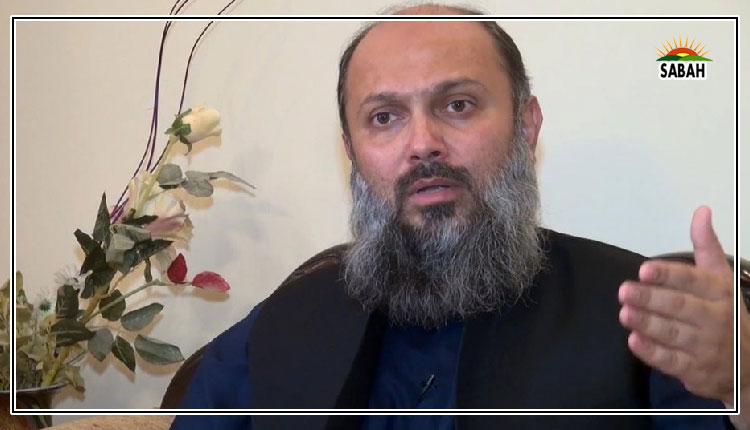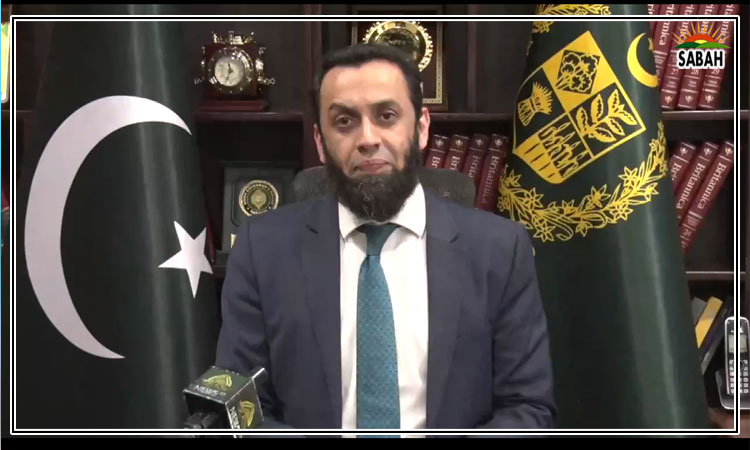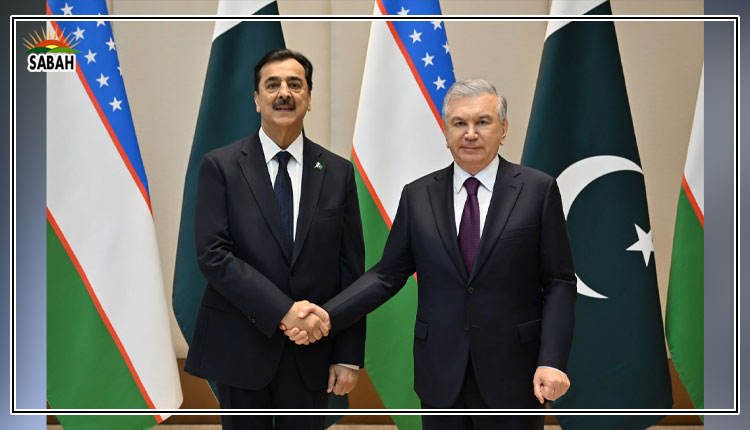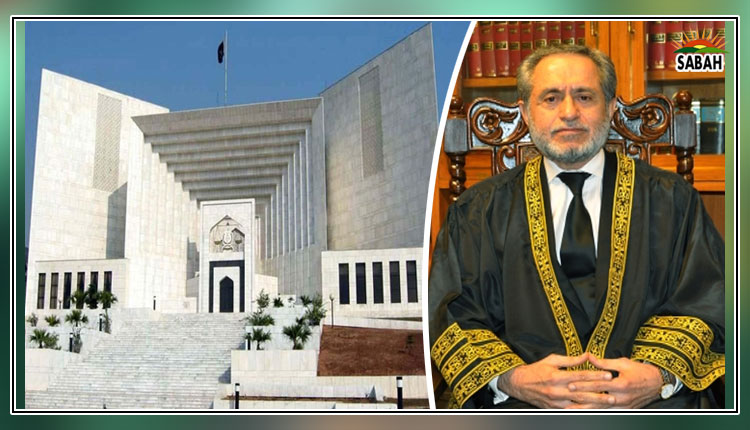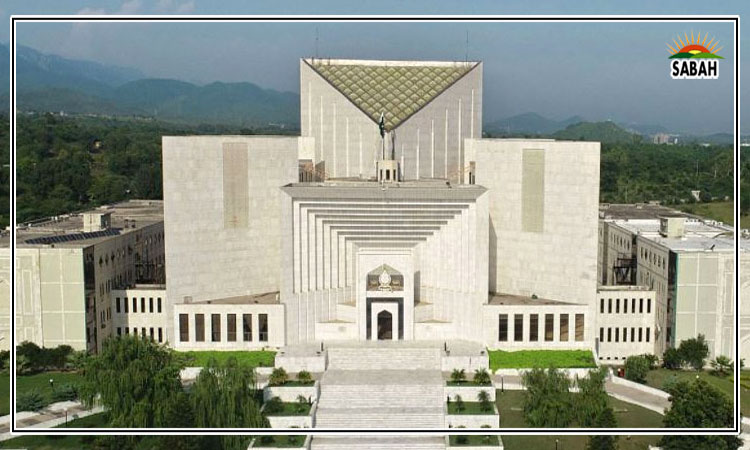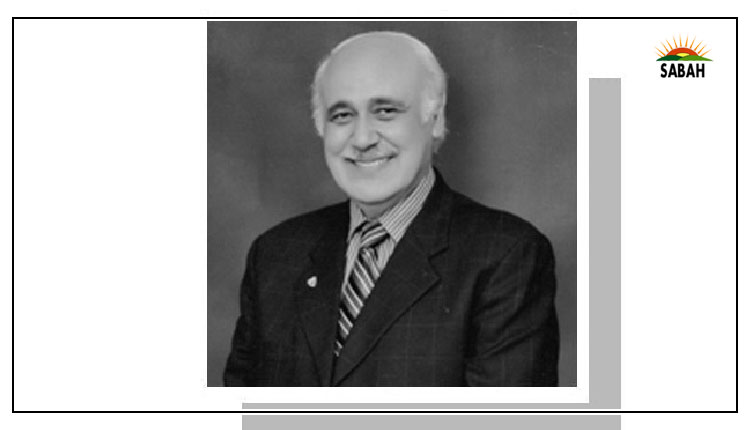Shadow president…F.S. Aijazuddin
THE Greek King Croesus has been reincarnated in president-elect Donald Trump, except that in Trump’s case, every friend he touches carries a billion-dollar tag: Larry Ellison, the co-founder of Oracle; David Sacks, who is to be his chair of the President’s Council of Advisers on Science and Technology; Jared Isaacman as his head of US space agency Nasa; and the richest man on earth, Elon Musk.
Musk has disclosed that he ‘invested’ $277 million (the highest contribution ever in US electoral politics) to help Trump win the presidency this year. For that, Trump has rewarded him with a new ‘Department of Government Efficiency’. Musk and another billionaire, Vivek Ramaswamy, have been tasked by Trump to “dismantle government bureaucracy, slash excess regulations, cut wasteful expenditures, and restructure federal agencies”.
Who is this man who shadows Trump, who some suspect is America’s alternate president?
To understand the phenomenon that is Elon Musk, one should read Walter Isaacson’s unvarnished biography of him, published in 2003.
As a child, Musk was bullied mercilessly by his martinet father and callous classmates in the school playground. Musk aspired to make the world his own playground. A worldview was not enough; Musk has a loftier, cosmic view.
The first to see a future in privately funded rockets, Musk established SpaceX. Within two years of its founding, Musk faced bankruptcy. Despite this setback, he recovered and saw SpaceX become “the most successful private rocket company in the world”, outstripping Nasa. “The goal of SpaceX,” Musk says, “is to build the technologies necessary to make life multiplanetary. This is the first time in the four-billion-year history of Earth that it’s possible to realise that goal [:] to send humanity to Mars, the best destination to begin making life multiplanetary.”
Musk dreamed of electric cars designed to reduce pollution. On a social date, his first question of his female escort was: “Do you think of electric cars?” Musk did nothing but. “In June 2021, his Tesla Model 3 became the first electric car to sell a million units globally. In 2023, its Model Y was the best-selling vehicle, of any kind, globally. In January 2024, the Model Y became the best-selling electric vehicle in history.”
Tesla penetrated the hermetic Chinese market, producing its first car in 2019. Within two years, China produced more than half of Tesla’s vehicles worldwide. By 2021, Tesla was worth $1 trillion — more than Toyota, Volkswagen, Daimler, Ford, and General Motors combined.
By 2020, Musk had become the richest man in the world. (He is now worth $355 billion.) With $10bn cash in his pocket, he made a bid for the hugely popular social networking service Twitter, acquiring it in 2022 for $44bn. His stated goal was to promote free speech on the platform. Some critics contend that since his acquisition, the platform has enabled the “increased … spread of disinformation and hate speech. … Since Musk’s takeover … global usage of Twitter has declined by approximately 15 per cent… .”
During the battle for its acquisition, one of his ‘truest friends’ — a Pakistani, Navaid Farooq — asked him: “Why are you doing this?” Musk replied that he wanted to unify communications across the world, adding that it would probably take him five years to turn Twitter around.
US government employees who want to know what to expect from Musk’s proposed Department of Government Efficiency should read Isaacson’s book. He describes Musk’s attack on Twitter’s obese management as “a bloodbath”: “About half of the company’s employees worldwide, and close to 90pc of some infrastructure teams, were let go.” He also fired those most responsible for the over- staffing — the human resource managers.
One is reminded of the brutal methods of an earlier hatchet man — Dr ‘Butcher’ Beeching — whom British PM Harold Macmillan appointed in the 1960s to cure the chronically sick British Railways.
Trump has surrounded himself with a number of billionaires. Pakistan’s governments are more abstemious: they make do with only one — a property tycoon whose housing projects straddle the country.
Even before Trump assumes office in January 2025, a crisis in Syria awaits him. The 53-year-old Assad dynasty (Hafez, and then his son, Bashar) have been swept away as swiftly as the Shah of Iran was removed in January 1979. US president Jimmy Carter could not offer sanctuary to the Shah, once America’s strongest ally. He died friendless in Egypt.
Syria’s Bashar al-Assad is luckier. His benefactor, Russian President Putin, has granted him asylum, to live and die in Moscow. Had Bashar been a US stooge like the adhesive Ukrainian president Zelensky, Trump would have arranged for Bashar to be given a one-way ticket on a Musk rocket — to Mars.
COURTESY DAWN


